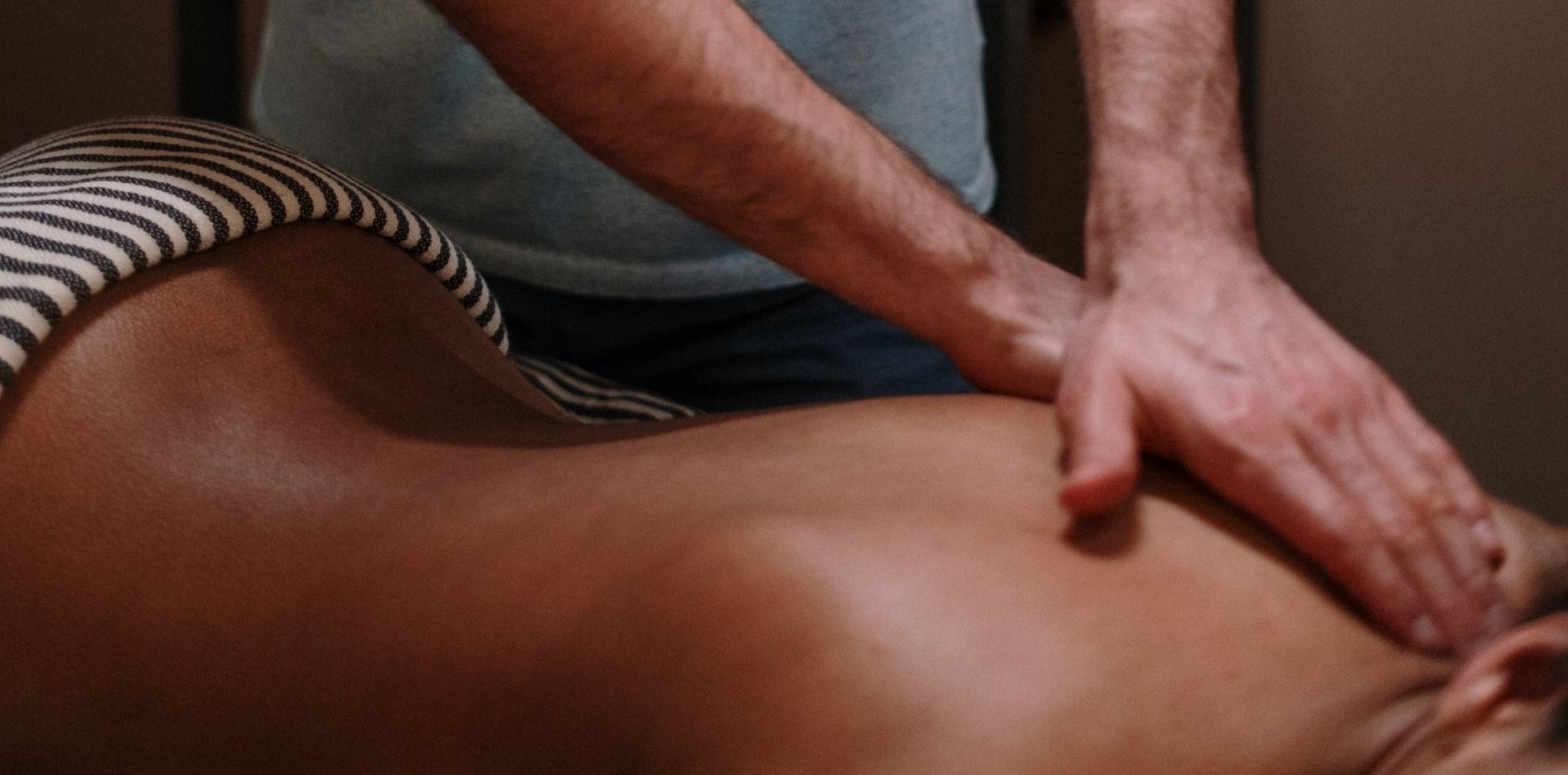AZ Marketing Masters • August 26, 2024
Coupling Dry Needling With Massage Therapy
Dry Needling Before a Massage can Amplify the Healing Process

Unlocking the Full Potential of Your Massage: Why Dry Needling First Could Be the Game-Changer You Need
When it comes to maximizing the benefits of a massage, many people focus solely on the massage itself. However, incorporating dry needling into your pre-massage routine could be a game-changer. This powerful combination can elevate your relaxation and recovery experience to new heights. But what exactly is dry needling, and why should it come before your massage? Let’s dive into the reasons why integrating these two therapies could be the key to unlocking your body’s full potential.
What is Dry Needling?
Dry needling is a technique used by trained professionals to target trigger points, which are hyperirritable spots within muscle tissue. These trigger points can cause pain, stiffness, and limited range of motion. During a dry needling session, fine needles are inserted into these points to stimulate a healing response. The goal is to release muscle tension, reduce pain, and improve overall function.
Why Combine Dry Needling with a Massage?
Enhanced Muscle Release
Dry needling effectively targets deep-seated muscle knots and trigger points that may be difficult to address with massage alone. By releasing these tight spots, dry needling can prepare your muscles for a more effective massage. With the trigger points addressed, your massage therapist can work more deeply and efficiently, leading to a more comprehensive release of muscle tension.
Improved Blood Flow
Dry needling promotes increased blood flow to the affected areas, helping to flush out metabolic waste and bring in nutrients essential for healing. This improved circulation can enhance the effects of a massage by ensuring that the muscles are better nourished and primed for recovery. When you follow up dry needling with a massage, you’re essentially doubling down on these benefits, optimizing the overall treatment outcome.
Reduced Pain and Discomfort
Many people experience residual soreness or discomfort after dry needling, particularly in the days following the session. By scheduling a massage afterward, you can alleviate this discomfort and enhance overall relaxation. The massage helps to further reduce muscle tension and promote a sense of well-being, addressing any residual soreness and ensuring a smoother recovery process.
Increased Range of Motion
Trigger points and muscle tension can significantly limit your range of motion. Dry needling addresses these issues directly, but the results can be even more pronounced when combined with a massage. A massage session following dry needling can help maintain and further improve the increased range of motion achieved through the needling process, leading to greater flexibility and ease of movement.
Enhanced Relaxation and Stress Relief
Dry needling focuses on specific muscle issues, but it can also be a bit intense due to its targeted nature. A massage following dry needling offers a soothing and relaxing experience that can help you unwind completely. The combination of these therapies can lead to a deeper sense of relaxation, reducing stress and promoting overall mental and physical well-being.
How to Plan Your Sessions
To get the most out of both treatments, it's important to schedule them thoughtfully. Here are some tips:
Consult with Professionals:
Speak with both your dry needling specialist and massage therapist about your plan. They can provide tailored advice based on your specific needs and conditions.
Timing Matters:
Ideally, schedule dry needling and massage sessions on the same day, with dry needling first. If this isn’t possible, try to space them out by a day or two to allow your body to adjust.
Hydrate and Rest:
Both treatments can be intensive on your body. Ensure you stay well-hydrated and allow yourself time to rest and recover.
Incorporating dry needling before a massage could be the key to unlocking a new level of physical comfort and relaxation. By combining these two powerful therapies, you can experience enhanced muscle relief, improved circulation, and a deeper sense of overall well-being. So, why not give it a try and see how this dynamic duo can transform your body’s recovery and relaxation routine? Your muscles—and your mind—will thank you.


